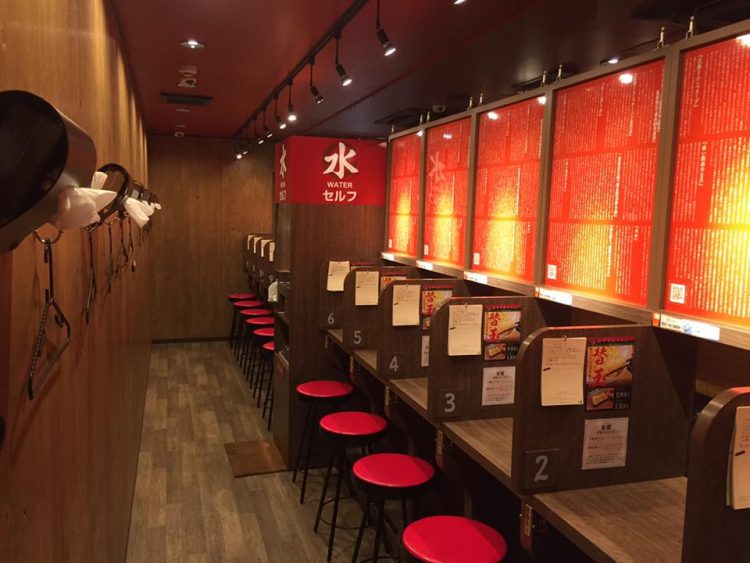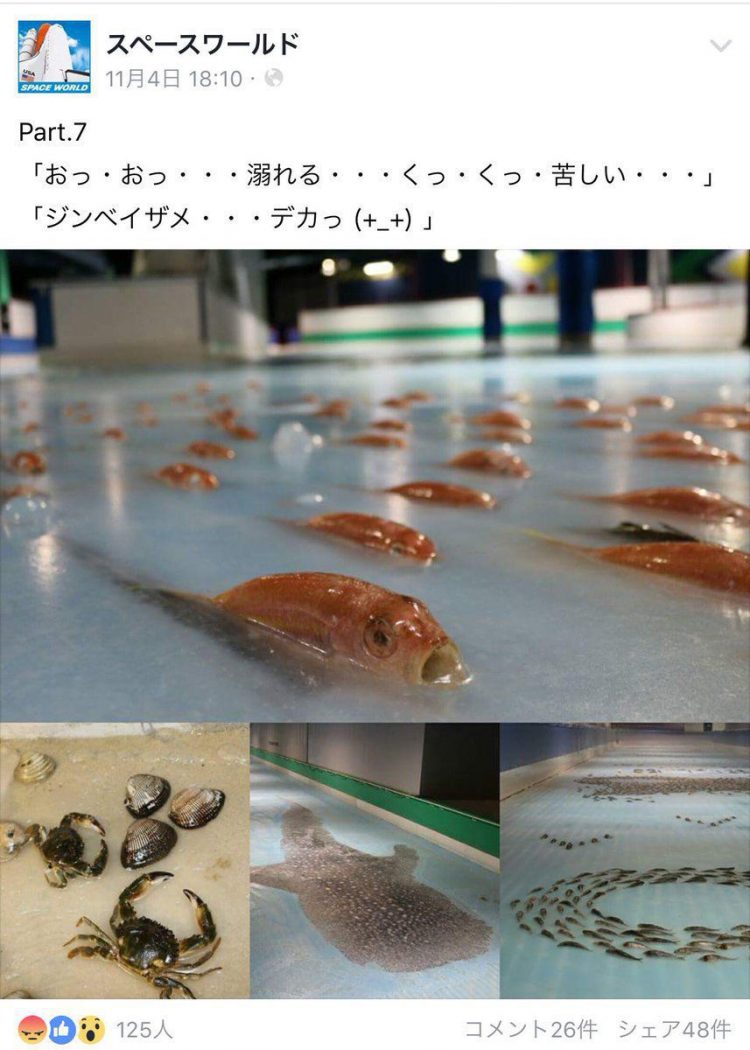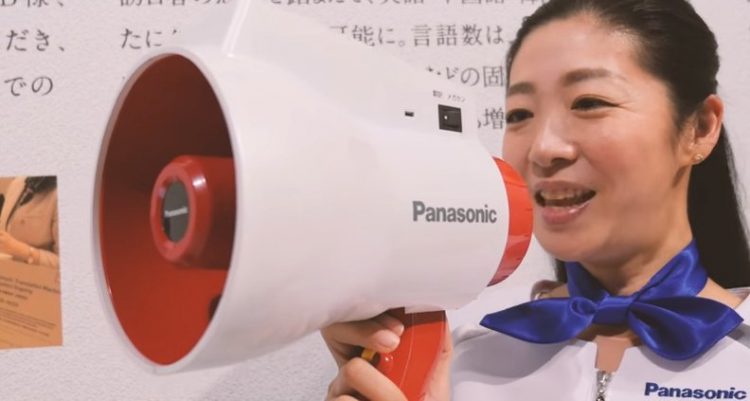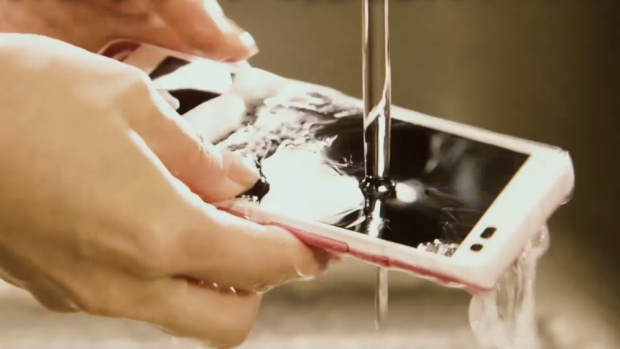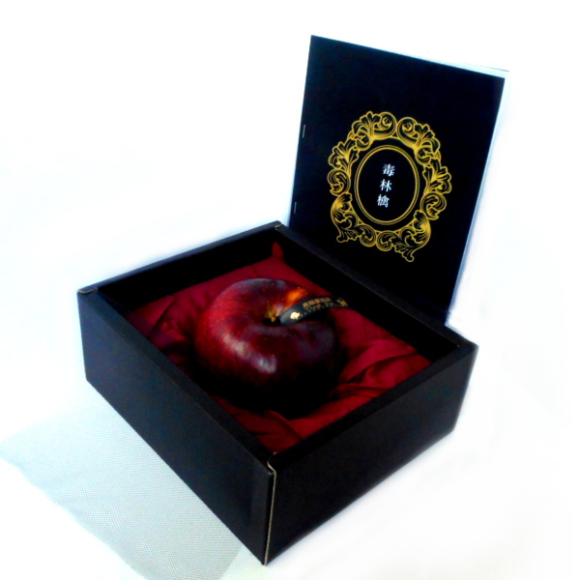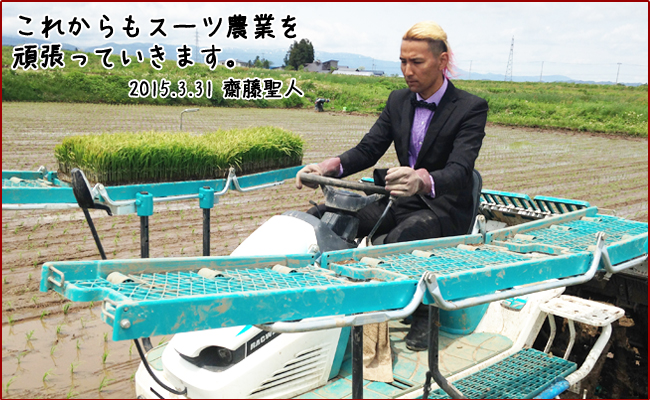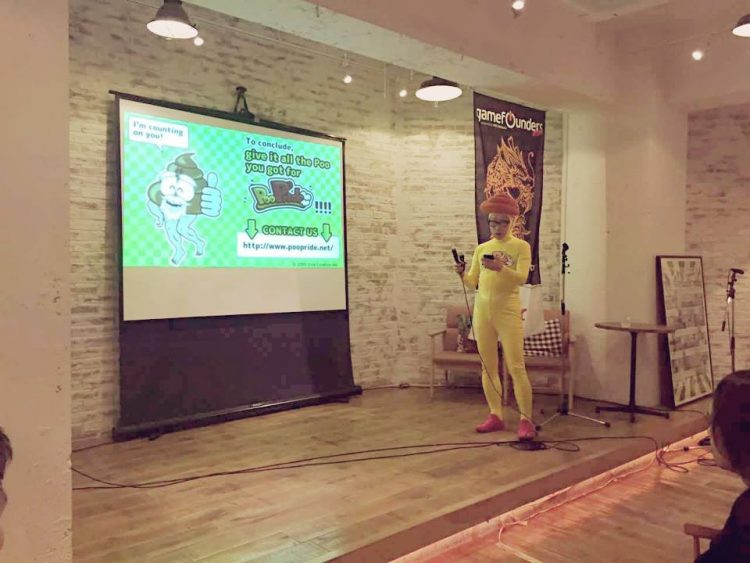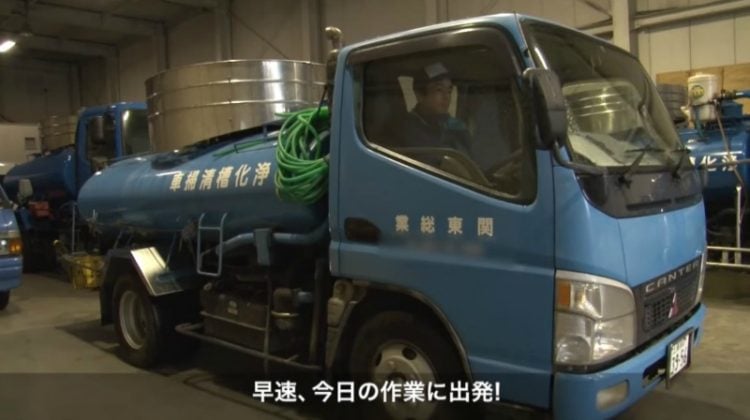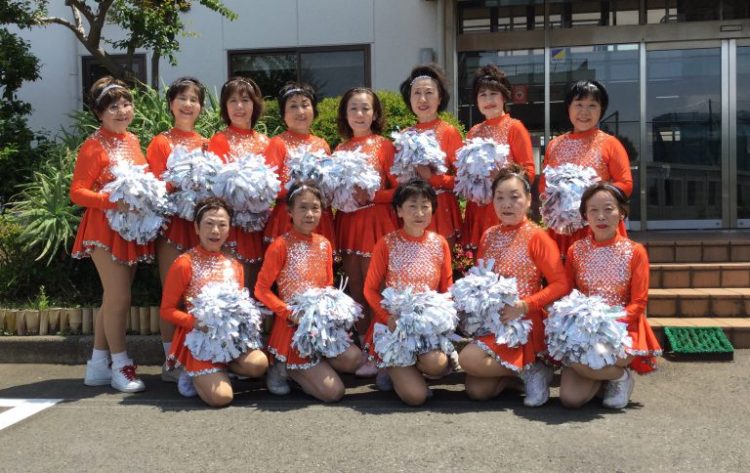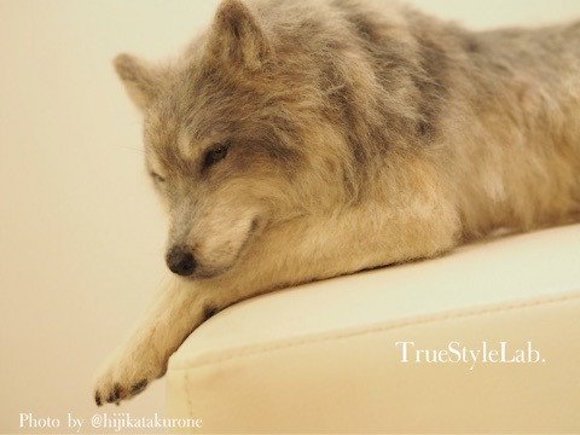If your idea of a good restaurant experience includes a nice conversation and interaction with the waiting staff, then Ichiran Ramen is probably not a place you want to visit. The popular Japanese chain is all about solo dining, taking extraordinary measures to ensure that patrons avoid human interaction as much as possible.
Manabu Yoshitomi, the founder of Ichiran Ramen, came up with the concept for his famous restaurants when he was just a high-school student, after seeing his female friends attempting to cover their mouths when eating ramen. After asking them about it, Yoshitomi discovered that their reluctance to being watched by other people as they slurped noodles was actually a huge barrier to them visiting ramen shops. This information inspired the young man to open a tonkotsu (pork bone) ramen restaurant that offered almost total privacy instead of human interaction.
